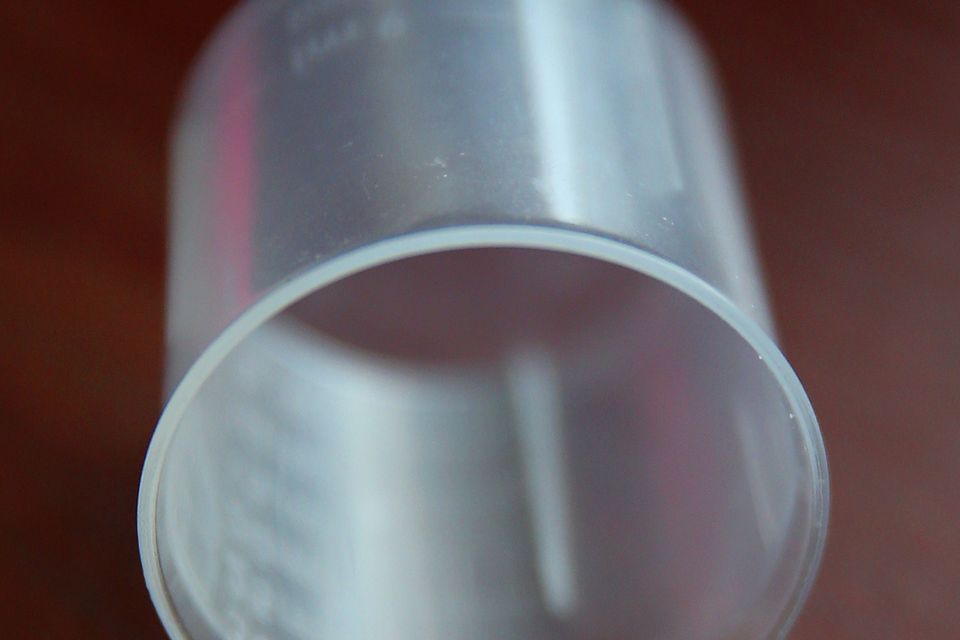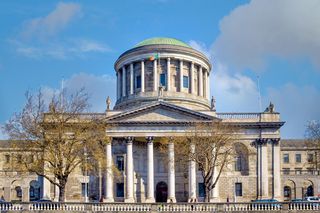Pre-order prescription with pharmacist five days in advance in case of medicine shortage, patients advised
Patients are advised to pre-order their prescriptions with their pharmacist. File photo: (Peter Byrne/PA)
Patients are advised to pre-order their prescriptions with their pharmacist – possibly five days in advance- in case the medicine they need is experiencing a shortage.
It would allow the pharmacist time to talk with the patient’s GP and secure an alternative.
The advice came from Joanne Kissane of the Pharmaceutical Society of Ireland at a briefing on how medicine shortages are being managed.
“We are not asking the patients to be aware of the shortages, but to allow additional time for the pharmacist to engage with the GP and recommend a suitable alternative,” she said.
Representatives from the HSE and the Health Products Regulatory Authority (HPRA) said there is a medicine shortage framework in place to mitigate the impact on patients when drugs are in short supply and provide alternatives.
The surge in seasonal illnesses last winter in particular resulted in a huge demand for antibiotics and other related medicines forcing doctors and pharmacists use alternatives to their preferred treatments such as penicillin.
Grainne Power, compliance officer in the HPRA, said demand for antibiotics rose by two to three times higher than normal.
It is unclear if next winter will see a similar situation and Ireland’s predicament was shared by other European countries.
“I would caution about over-interpreting a year’s worth of data. We were just coming out of Covid,” she said pointing to other disruptions such as the war in Ukraine.
The HPRA was at the time in frequent contact daily with companies for extra supply and although it as challenging the system worked, she added.
Other member states are also encountering the same difficulties.
Companies are encouraged to tell the HPRA as early as possible about a possible shortage to allow them to take action.
She said there is a difference between a notified shortage which is a “signal”, and an actual lack of supply to meet national demand which represents a real risk to patients.
“Delays can and will happen. Knowing about it early is key for us ,” she added.
Dr Eimear Brannigan, a consultant in infectious diseases and the HSE lead on antimicrobial resistance said the supply of penicillin and other antibiotics has now stabilised significantly.
Penicillin is the preferred treatment for Strep A infection. Cases of invasive Strep A remain higher than normal.
There is no one set of data on the potential impact on patients who may have suffered side effects or adverse impact due to shortages.
Ellen McGrath of the HSE’s pharmaceutical unit rejected claims that lower prices for older drugs offered by Ireland is a factor in shortages.
Sandra Gannon, the managing director of Azure Pharmaceuticals has repeatedly pointed to the lower prices here for older, low-value medicine which she said is contributing to shortages.
However, Ms McGrath said the price is arrived at by looking at the average paid by thirteen EU member states and the UK.
Just 36 requests for price increases have made currently, which is a fraction of the volume of medicines delivered.
Price has implications for the taxpayer and the patient paying privately without a medical card, she added. Medicines for Ireland has said price is not the factor, she said.














